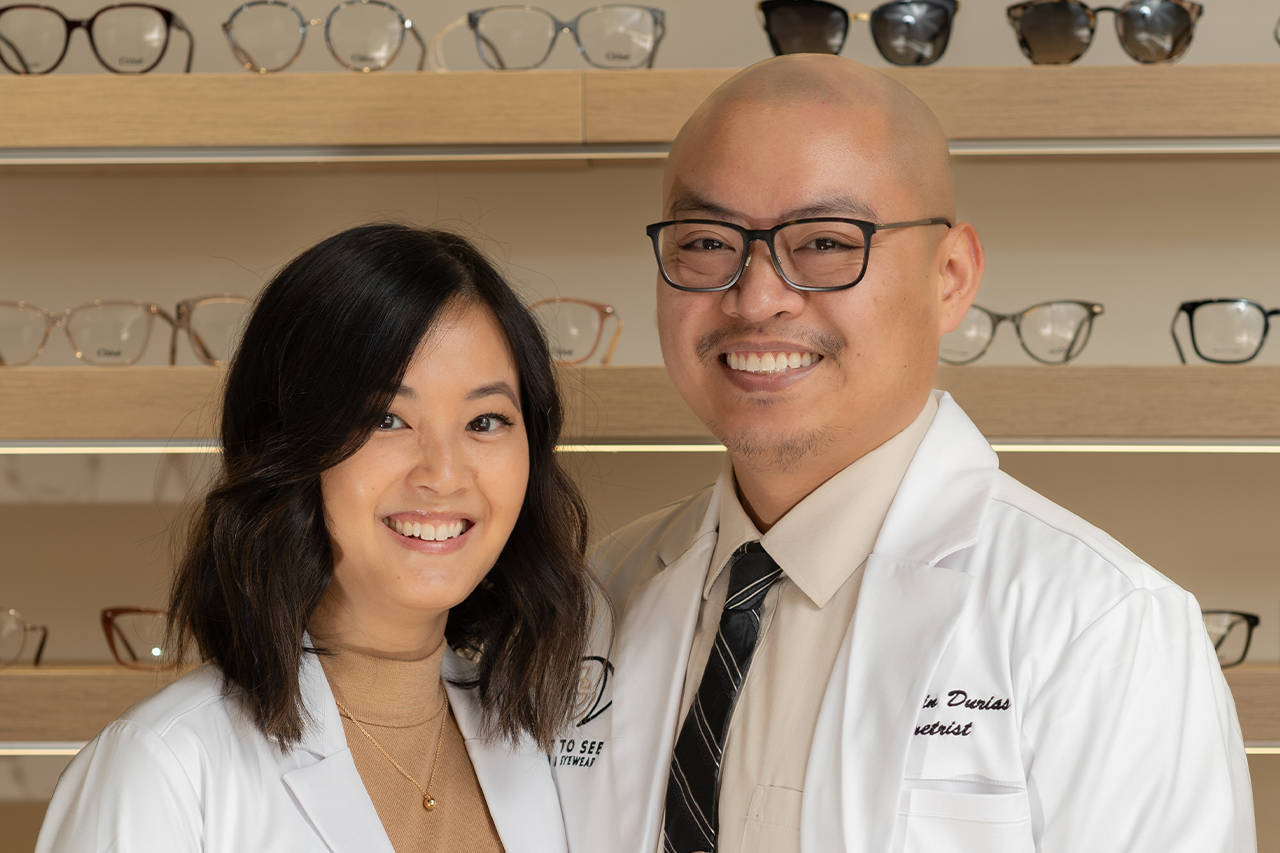
When it comes to eye care, there are different professionals involved in ensuring your vision health. However, it's common to feel confused about the roles and responsibilities of an optician, optometrist, and ophthalmologist. Keep on reading to help shed light on the distinct roles of these eye care experts, clarifying their functions and how they contribute to your overall eye health. Understanding their unique roles can help you make informed decisions and seek the right care for your vision needs.
Optician: The Eyewear Expert
An optician is a trained professional who specializes in the fitting, adjusting, and dispensing of eyeglasses and contact lenses. Their primary focus is to help you select the right eyewear that matches your prescription and personal style. Opticians work closely with optometrists and ophthalmologists to ensure that your corrective lenses are accurately crafted and properly fitted. They have extensive knowledge of different lens options, frames, and lens coatings, ensuring optimal visual clarity and comfort for eyewear users. While many may be certified, they are not doctors and cannot write prescriptions or diagnose and treat eye diseases.

Optometrist: Your Primary Eye Care Provider
An optometrist, often referred to as eye doctor, is a healthcare professional specializing in primary eye care. Optometrists play a crucial role in evaluating and managing your overall eye health. They conduct comprehensive eye examinations to assess visual acuity, prescribe corrective lenses, detect refractive errors (such as nearsightedness, farsightedness, and astigmatism), and diagnose and manage common eye conditions. Optometrists can also identify and refer patients to ophthalmologists for specialized care, if needed. Additionally, they provide valuable guidance on maintaining good eye health and offer recommendations for preventative measures. While optometrists do hold a Doctor of Optometry (OD) degree, we are not medical doctors and did not attend medical school.

Ophthalmologist: Medical Eye Doctors
An ophthalmologist is a medical doctor who specializes in the diagnosis, treatment, and management of eye diseases and conditions. They have undergone extensive medical training, including medical school and residency. Ophthalmologists can perform complex eye surgeries, such as cataract removal, corneal transplants, and laser eye surgery. They also diagnose and treat various eye conditions, including glaucoma, macular degeneration, and diabetic retinopathy. Ophthalmologists often collaborate with optometrists and opticians to provide comprehensive eye care services.
While there are many areas of overlap, understanding the roles and differences between opticians, optometrists, and ophthalmologists is essential for navigating the world of eye care. Opticians specialize in helping you find the right eyewear, and optometrists are your primary eye care providers, offering comprehensive eye examinations and prescribing corrective lenses. On the other hand, ophthalmologists are medical doctors who specialize in surgical procedures and advanced eye care. Collaboration among these professionals is common, ensuring that you receive the highest quality care for your eyes. Regular eye examinations by an optometrist are vital for maintaining optimal eye health, while visits to an ophthalmologist may be necessary for specialized treatments or surgeries.
Remember, if you have any concerns or questions about your eye health, consult with our team at Sight To See, where we are dedicated to safeguarding your vision and providing the best care possible.






